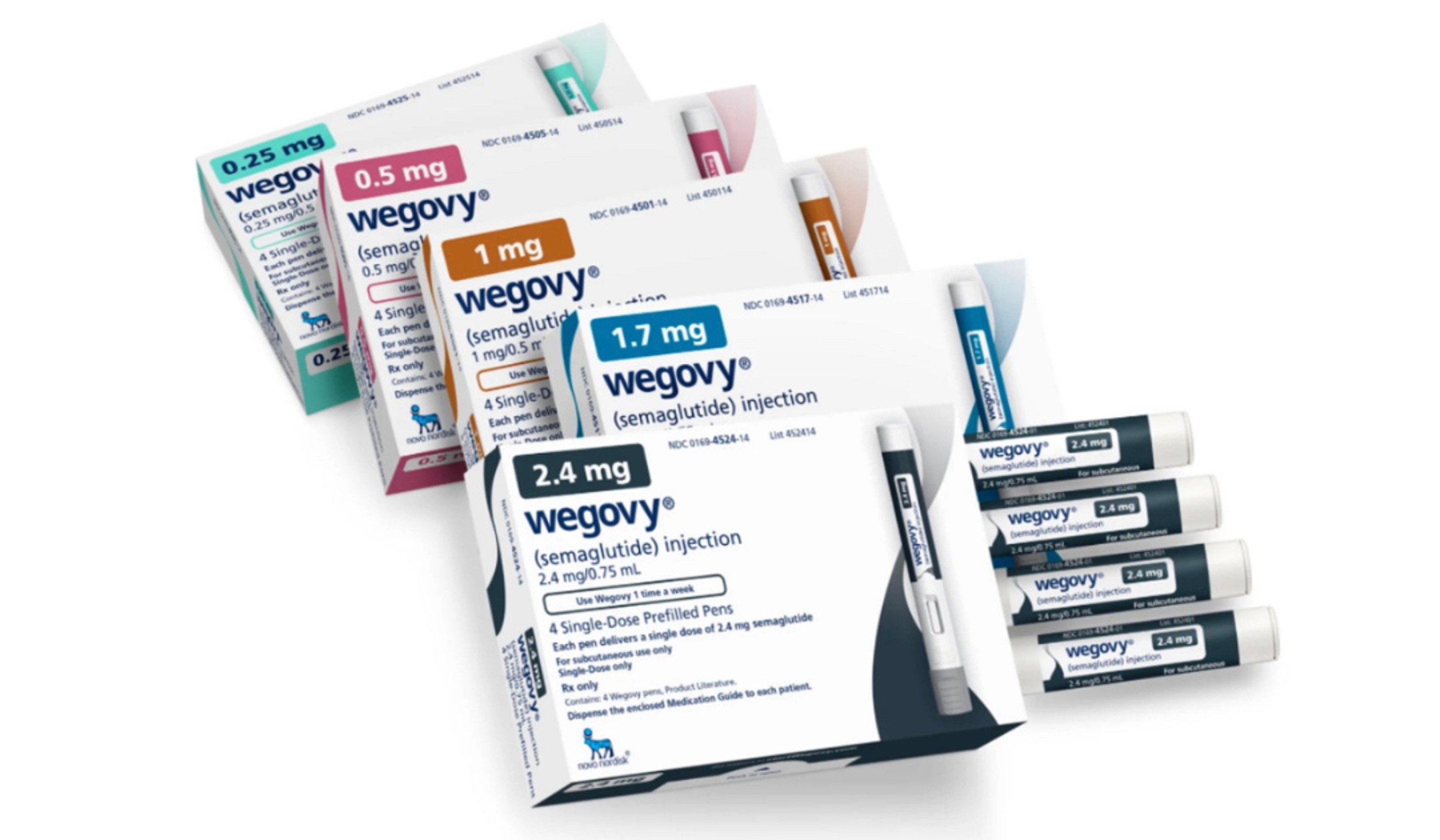
Health insurers, such as Anthem Blue Cross Blue Shield, are taking action against off-label prescriptions of the weight loss drug Ozempic. Concerns over nationwide shortages and limited access for diabetic patients have prompted insurers to issue warnings and threaten to refer inappropriate or fraudulent activity to regulatory bodies. Insurance coverage for weight loss drugs is generally limited, but some physicians have prescribed Ozempic off-label for weight loss, with coverage possible in certain cases with proper documentation.
According to a June 12 article in The Washington Post, health insurers are putting more stringent controls in place to prevent new weight-reduction drugs like Ozempic from being prescribed off-label.
According to the report, Anthem Blue Cross Blue Shield plans have sent approximately 150 letters to healthcare providers in Missouri, New York, and North Carolina, cautioning them against prescribing Ozempic to patients without diabetes. The letters highlighted nationwide shortages resulting from increased off-label prescriptions, which have led to accessibility problems for individuals with diabetes.
“The Special Investigations Unit has conducted a comprehensive review of your prescription and professional claims,” stated a letter sent to a physician in Missouri. It further mentioned that 60 percent of patients prescribed Ozempic lacked “sufficient evidence” of diabetes, and Anthem would refer any suspected inappropriate or fraudulent activity to the state licensure board, federal, and/or state law enforcement, as per The Post.
Elevance Health, the parent company of 14 Anthem BCBS plans, has previously stated that it generally does not cover Ozempic for non-diabetic members.
“I want to clarify that GLP-1 is intended for both weight loss and diabetes,” stated Elevance CFO John Gallina during an investor briefing in April. “Regarding weight loss, we do not cover weight loss drugs, except in a few states where it’s mandated by state law.”
The Danish pharmaceutical company Novo Nordisk sells semaglutide, a type of GLP-1, under various brand names, including Ozempic and Wegovy. While the two medications are nearly identical, Wegovy is FDA-approved to treat obesity, and Ozempic is indicated for diabetes management.
Due to its similarities, celebrities, and social media users have been using Ozempic as a weight-loss aid for the past year, which has led to a far bigger demand than the producer had anticipated.
Most insurance providers typically do not cover modern weight loss medications due to their high cost, but they usually cover medications intended for diabetes treatment. These drugs can exceed $10,000 per year without insurance coverage.
In the first quarter, the country’s largest payers informed investors that coverage for GLP-1s has primarily focused on diabetes care. A recent survey revealed that only 22 percent of employer-sponsored plans will offer coverage for prescription weight-loss drugs in 2022.
To have their weight loss prescriptions covered by insurance, some patients have turned to the off-label use of Ozempic, which involves prescribing an approved drug for an unapproved purpose. Payers may occasionally pay for Ozempic for non-diabetic patients if the doctor submits the appropriate paperwork. According to BuzzFeed News, this may include blood test results that indicate prediabetes or poorly controlled blood glucose levels.


